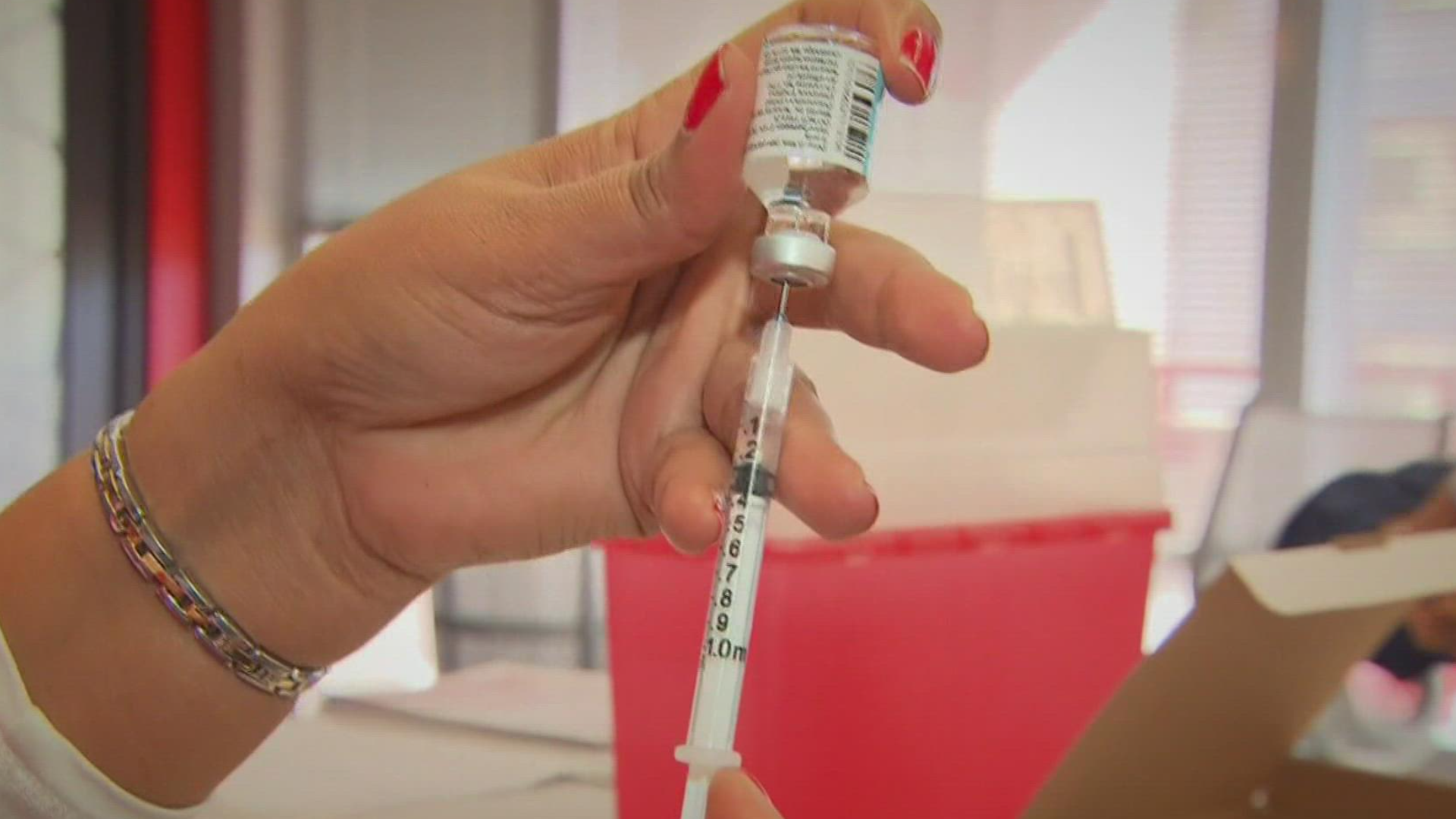MINNEAPOLIS — By every metric, the threat posed by COVID-19 in Minnesota continues to fall, and leaders in health care are using this time to begin thinking about an end game, or at least endemic planning.
Despite the continued spread of the "stealth" variant, BA.2, in Europe and several other areas around the world, Dr. Tim Schacker, vice dean of research for the University of Minnesota Medical School, says cases, hospitalizations, deaths and even wastewater surveillance have all fallen to levels we haven't seen in Minnesota since last July.
"We don't have any signals right now — in the Twin Cities or in Minnesota — that something is going to happen (with the stealth variant)," Dr. Schacker said. "But I think that we're all on alert that that is a possibility."
But even if cases do start climbing again, Dr. Schacker says the next few months are less likely to resemble the constant roller coaster ride we've grown used to in the last couple of years.
Dr. Schacker: "Is this time different? Yeah, I think it is. I think if we do get a surge, we'll see the rate of new infection maybe isn't as high as it's been in the past. We'll see fewer hospitalizations, we'll see fewer people dying. Hopefully, we're just making a switch to it being an endemic infection that we'll have to manage when there are these occasional outbreaks."
Kent: "We've seen this before and talked about the possibility of an endemic for months. Why are we maybe at that point now, and we weren't the last time (cases) dipped?"
Dr. Schacker: "Now, we have more people who have been vaccinated, more people who have had the infection, and I think that's when you start to see the switch."
But he says getting there isn't as simple as flipping a switch. That's why he says he and other experts with the University of Minnesota, Mayo Clinic, Minnesota Department of Health, and others will meet to discuss an endemic plan later this week.
"We'll be taking advantage of this lull — that hopefully is going to stay a lull — to determine next steps if cases start to go up," Dr. Schacker said. "We know we have to be ready. We know we have to be able to deploy these tests rapidly, deploy the antivirals if we need them, we've just got to be ready for that."
He says the first key to that readiness isn't statewide testing sites, it's Minnesota's statewide sewage monitoring system.
"We know we're going to have an early warning; we know the wastewater gives us that," Dr. Schacker said. "It's about being prepared, and I think we are. I think, increasingly, we're learning how to do this."
And while that endemic planning begins, he says the university is also preparing to launch a new Institute for Infectious Disease, to build on the interdisciplinary collaboration fostered during the pandemic, to help prepare for whatever might come after COVID.
"We're already increasing our sensitivity for detection in wastewater, we're already finding that we can find other pathogens of interest and concern in wastewater," Dr. Schacker said. "So it's taking everything we've learned and organizing ourselves so that we're better prepared for the future."
Watch more Breaking The News:
Watch all of the latest stories from Breaking The News in our YouTube playlist:

